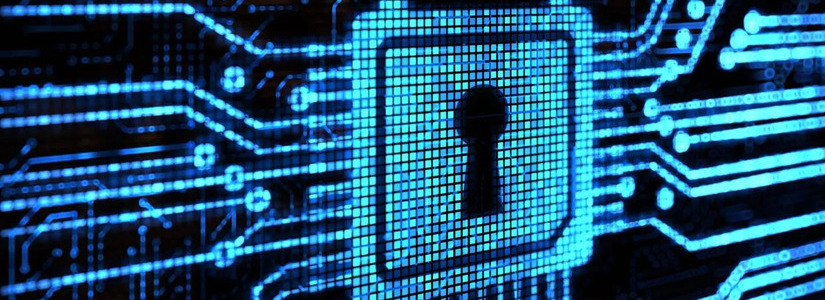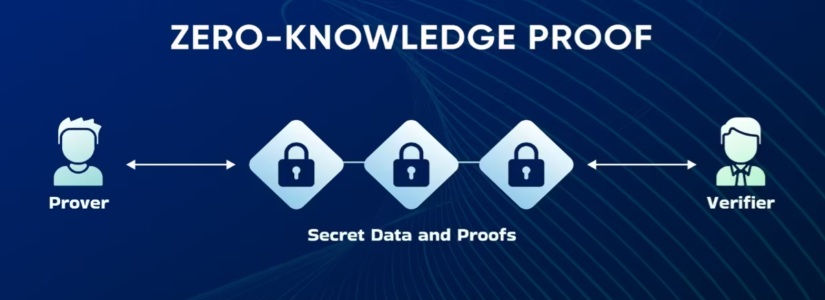TL;DR
-
The rise of privacy coins reignites an old debate: are they a threat or a legitimate defense of financial autonomy?
-
The growth of CBDCs and global financial surveillance has fueled demand for alternatives that prioritize transaction anonymity.
-
Demonizing Monero or Zcash for their potential misuse is like blaming cash for every crime ever committed with paper money.
Few asset classes spark as much debate within the crypto industry as privacy coins. Monero, Zcash, and Dash, among others, were created to offer a higher level of anonymity than more mainstream cryptocurrencies like Bitcoin or Ethereum. Yet their existence has been marked by ongoing controversy: while critics accuse them of facilitating financial crime, advocates argue they protect a fundamental right.
The reality is that financial privacy should no longer be viewed as a privilege or a concession justified only under extreme circumstances. It’s not just about safeguarding political dissidents or persecuted activists — though its value in those contexts is undeniable — but about defending the basic right of any individual to control their personal information and financial transactions.
Why Is Demand Growing?
The rising popularity of privacy coins is closely tied to the advance of central bank digital currency (CBDC) projects and the growing reach of financial surveillance worldwide. According to data from the Bank for International Settlements, 94% of central banks are actively exploring digital versions of their national currencies.
This landscape has raised concerns among those who see CBDCs as a serious threat to financial privacy. Unlike Bitcoin or Ethereum, where transactions are recorded on public blockchains, CBDCs could allow governments to track, restrict, or block transactions in a fully centralized way. In response to this risk, privacy coins have become a natural alternative for those seeking to shield their information in an increasingly intrusive environment.

Caught Between Suspicion and Prejudice
The issue isn’t the existence of privacy coins, but how their use is perceived. Privacy is often conflated with criminal intent. That oversimplification isn’t just mistaken — it’s dangerous. Privacy, like freedom of expression or the right to assemble, should be protected for its intrinsic value, not only when its use is deemed acceptable.
According to a 2023 report from Chainalysis, just 0.34% of crypto transactions were linked to illicit addresses. By contrast, the UN estimates that up to $2 trillion is laundered annually through the traditional financial system. Demonizing privacy coins for their potential misuse is like blaming cash for every crime committed with banknotes.

The True Role of Privacy Coins
Beyond the stigma, these coins serve a legitimate and necessary function: balancing an increasingly transparent — often forcibly so — financial system with the option to conduct private, peer-to-peer transactions without intermediaries. In essence, they’re a decentralized response to institutional surveillance.
Moreover, their very existence drives innovation in privacy-enhancing technologies like ring signatures, zero-knowledge proofs, and stealth addresses, which could eventually benefit the broader crypto ecosystem — including public networks that don’t currently prioritize anonymity.
At its core, the debate isn’t about whether these coins should be allowed or banned, but about how to ensure financial privacy remains a right, without forcing individuals to justify their need for it.
Conclusion
The popularity of these coins will continue to rise as control over financial activity tightens. They represent a tool for those who value autonomy in a world where anonimity is steadily eroding. It’s not about promoting absolute anonymity or ignoring risks, but about rejecting a false choice: privacy is not a crime. It is — and must remain — a non-negotiable right.












